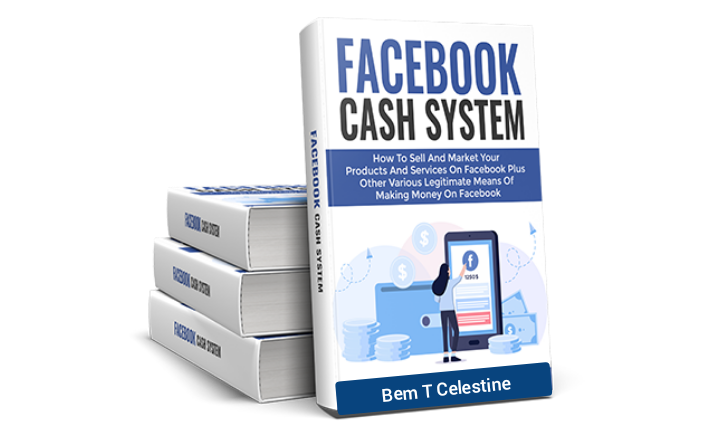Key components of social media marketing include:
1. **Content Creation:** Develop engaging and shareable content tailored to the specific platform and audience.
2. **Platform Selection:** Choose the social media platforms that align with your target audience. Popular platforms include Facebook, Instagram, Twitter, LinkedIn, and others.
3. **Audience Engagement:** Actively engage with your audience by responding to comments, messages, and participating in conversations.
4. **Advertising:** Utilize paid social media advertising to reach a larger and targeted audience. Platforms often provide tools for precise audience targeting.
5. **Analytics and Insights:** Monitor and analyze performance metrics to understand what is working well and optimize your strategy accordingly.
6. **Influencer Marketing:** Collaborate with influencers in your industry to leverage their followers and enhance brand visibility.
Effective social media marketing helps businesses build a community, foster brand loyalty, and drive business objectives by leveraging the interactive nature of social platforms.
Now let's look on the importance or reasons why social media marketing is good.
Social media marketing is crucial for several reasons:
1. **Increased Brand Awareness:** It allows businesses to reach a large audience, making people more aware of the brand, products, or services.
2. **Engagement and Interaction:** Social media provides a platform for direct interaction with the audience, fostering engagement, building relationships, and creating a community around the brand.
3. **Targeted Advertising:** Platforms offer advanced targeting options, enabling businesses to reach specific demographics, interests, and behaviors, maximizing the efficiency of advertising efforts.
4. **Traffic Generation:** Social media channels can drive traffic to your website, blog, or other online assets, contributing to lead generation and sales.
5. **Customer Insights:** Monitoring social media metrics provides valuable insights into customer behavior, preferences, and trends, aiding in refining marketing strategies.
6. **Brand Authority:** Active and positive presence on social media contributes to establishing brand authority, credibility, and trust.
7. **Cost-Effective Marketing:** Social media marketing often provides a cost-effective alternative to traditional advertising, especially for small businesses or startups.
8. **Competitive Advantage:** Being active on social media allows businesses to stay competitive, keeping up with industry trends and maintaining relevance.
9. **Global Reach:** Social media transcends geographical boundaries, enabling businesses to reach a global audience and expand their market reach.
In today's digital landscape, social media marketing is a powerful tool for businesses to connect with their audience, build a strong online presence, and achieve their marketing objectives.
More so, social media marketing is not limited to physical products. It can be highly effective for promoting and engaging with non-physical products or services. Here are some examples:
1. **Digital Products:** If you offer digital goods like e-books, online courses, software, or downloadable content, social media is an excellent platform to promote and sell these products.
2. **Consulting and Services:** Social media is a valuable tool for consultants, freelancers, and service providers. You can showcase your expertise, share client testimonials, and generate leads.
3. **Events and Workshops:** Promote and generate interest in virtual or physical events, webinars, workshops, or conferences through social media channels.
4. **Subscription-based Services:** For businesses offering subscription services, such as streaming platforms, membership sites, or online communities, social media helps attract and retain subscribers.
5. **Branding and Awareness:** If your goal is to build brand awareness or convey a message rather than sell a specific product, social media can be a powerful medium for storytelling and content dissemination.
6. **Affiliate Marketing:** Engage in affiliate marketing by promoting other people's products or services and earning a commission for each sale generated through your referral link.
LoSocial media is crucial for nonprofits to raise awareness, garner support, and promote their cause, even without physical products.
In essence, social media marketing is adaptable to various types of businesses, regardless of whether they offer physical products or not. The key is to tailor your strategy to the unique characteristics of your business or services and focus on building relationships and providing value to your audience.





